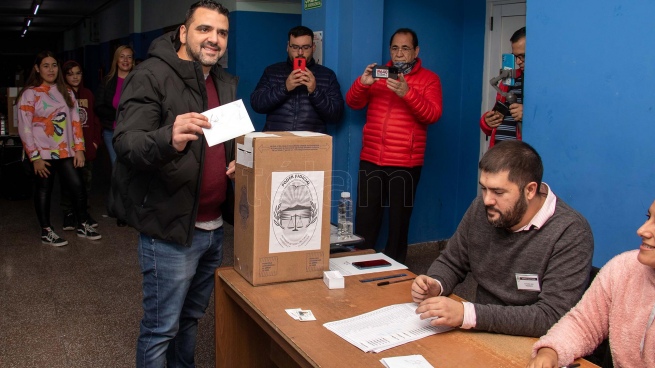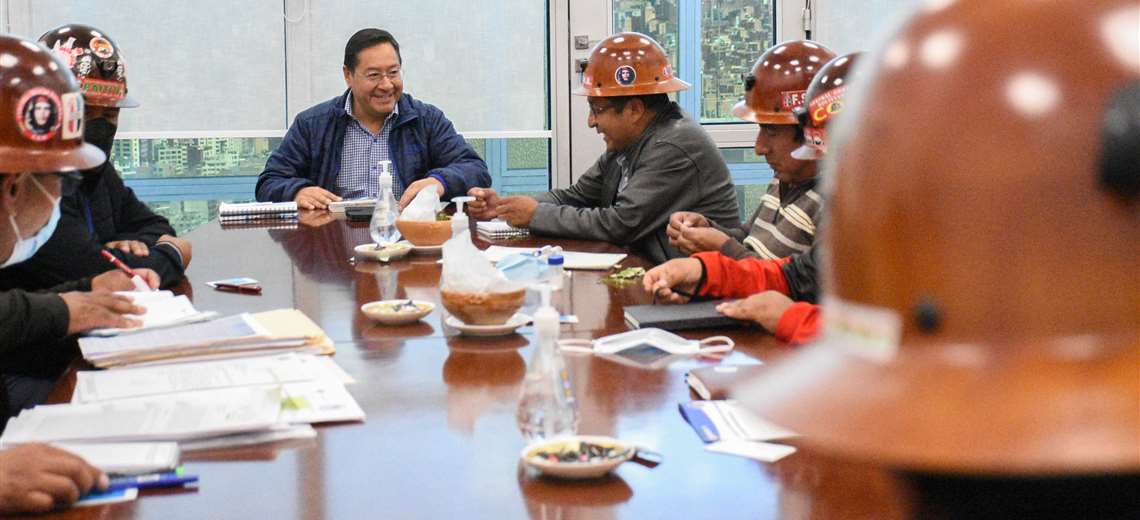The space “More Ushuaia” led by the mayor of the capital of Tierra del Fuego (Front of All) Walter Voto was imposed this Sunday in the municipal elections to elect 14 regular constitutional constituents and 7 alternates in charge of reforming the Organic Charter from District.
The alliance led by the highest reference of La Cámpora in the province obtained the 27.45% of the votes according to the official scrutiny accounted for 66.67% of the tables, against 18.20% of the list of We are Fuegians who first nominated the former deputy Liliana “Chispita” Fadul and 14.44% of the payroll of Together for Change headed by businessman Ramiro complained.
In this way, the current president of the Fuegian Justicialist Party achieved 5 of the 14 seats of municipal bylaws who will have the mission of reforming the municipal constitution, while Somos Fueguinos achieved 3 and Together for Change 2.
The rest of the seats were for the representatives of Ushuaia Si, the party of the opposition councilor Javier Branca (8.44% of the votes), and for the United for Ushuaia front (8.28% of the votes), which is referred to as the Provincial Governor Gustavo Melella, the Fueguino Popular Movement (7.40%) and United Republicans (6.86%).
Despite the victory, the ruling party will not have its own majority in the convention and will require the support of other political forces to achieve the approval of some of the 106 articles of the Organic Charter that will be revised, especially the one that could enable the re-election of the mayor for a new term.
After knowing the results, Vuoto stressed that it is a “historic and a challenge for the future of the city”.
“It is a strong endorsement of our management and the political space in general, a vote of confidence in the Front of All in this context,” he remarked.
He also said that “it is the first time that Peronism wins an election of conventional constituents” in the district.
“Despite the visit of national leaders last week, such as that of the former governor Maria Eugenia VidalTogether for Change came in third place”, they evaluated from the community chief’s environment.
The southernmost capital of the country, Ushuaia, celebrates elections of conventional constituents. pic.twitter.com/iD7xB8iu1t
— #EleccionesAR (@InfoDINE) May 15, 2022
The electoral process was enabled last year by ordinance of the Deliberative Council and led to the call for elections carried out by the mayor through decree 1971 of December 2021.
The opposition accuses Vuoto of facing the reform with the sole purpose of adding the possibility of a new mandate to the two consecutive ones that expire in 2023, although from the municipal management they retort that the Organic Charter “had to be updated after 20 years of validity” and that an eventual re-election of the communal head will be decided “at the polls and through the sovereign decision of the people”.
Vuoto has the support of Governor Melella (also from the Frente de Todos) who has already publicly declared himself in favor of the reform that would allow him to run for his own re-election in office next year, without confronting the mayor of his own space.
“Today the residents of Ushuaia expressed themselves at the polls, exercising their right to vote freely to build, from consensus, the Ushuaia of the future. Congratulations to each and everyone who came to vote and to those who attended the electoral process, for carrying out these elections freely and in social peace, ”said Melella on her social networks, once the result of the election was known.
He also indicated that “we are going to continue working together for the province that we dream of, with opportunities and real inclusion.”
In addition to the article on re-election, the municipal by-law will debate the duration of the mandates in the Municipal Syndicate and the Administrative Court of Misdemeanors, the figure of the Ombudsman for the Neighbor, the integration of the Electoral Board, the system for electing councilors and the sanction of ordinances, the participatory budget and environmental impact assessment systems, among other topics.
In the election that took place with “complete normality”, 68.06% of the 63,229 voters voted, distributed in 210 tables and 30 voting centers.
The Electoral Justice reported 378 blank votes (1.42%), 1875 invalid (6.55%) and 148 appealed (0.52%).
As the so-called system of preferences governs the elections, in which voters can prefer the candidates and alter the original order of the list, the names of the conventional candidates will be known once the final count is completed, the judicial spokespersons consulted clarified.









